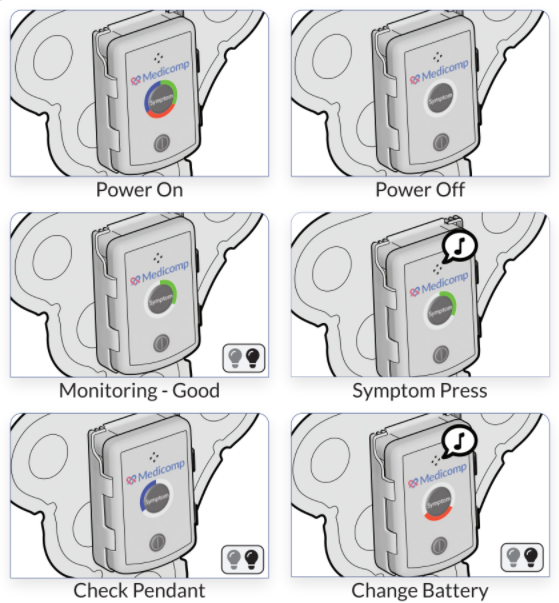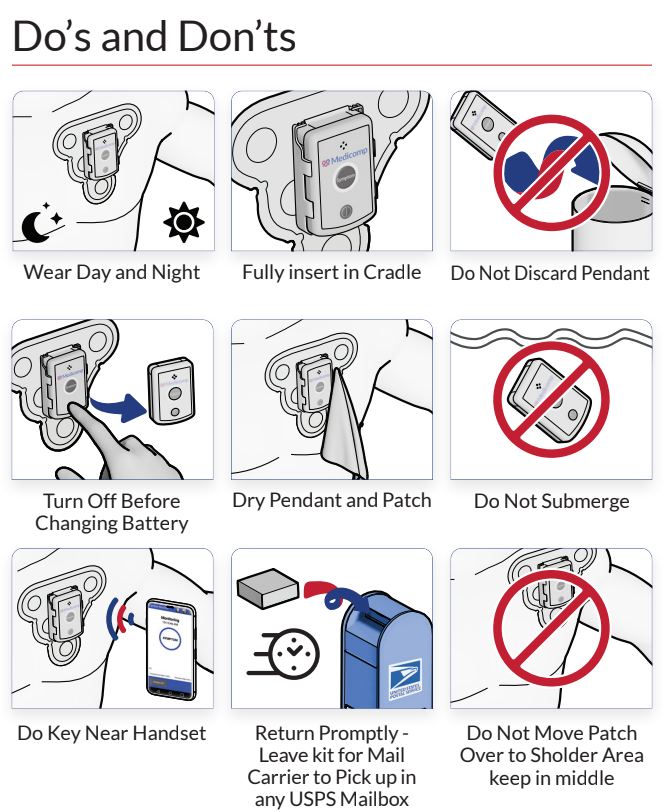When the heart functions properly, it pumps a healthy supply of blood throughout our bodies. Blood coming from the organs enters the first chambers before being sent to the lungs to get oxygen. The blood then comes back into the final chambers of the heart before being sent through the body again.
Heart failure occurs when the heart can no longer supply the body with the oxygen rich blood it needs. When the body detects the decrease in oxygen supply, the heart will change in order to do what is necessary to keep blood flowing. While these changes all keep the heart pumping as best as it can, they also stress the heart, and overtime it can contribute to the heart failure.
These changes, also known as compensations, can be caused by damage to the heart or problems with the valves of the heart. Heart attacks are one of the most common causes of damage to the heart. During a heart attack, blood flow is blocked to the coronary arteries of the heart, depriving the heart muscles of oxygen. When the muscles go without oxygen for too long, the muscles dies. Dead muscles cannot contract, so the surrounding muscles must compensate by pumping faster to keep blood flowing.
Heart valves are what separate the chambers of the heart and keep blood flowing from chamber to chamber during each beat. When a valve does not open completely, blood will build up in each chamber and cause pressure overload. To compensate, the muscles of the heart will thicken to contain the increased pressure. Valves that do not close properly will allow blood to flow back into previous chambers of the heart and decrease the overall amount being sent through the body. This will cause the chambers to dilate and buildup levels of fluid in the heart and lungs.
Heart failure affects millions of Americans each year and most of these cases can be prevented with heart healthy lifestyle choices. To learn more about heart failure and the steps you can take to decrease your chances of experiencing heart failure, browse through the ReactDx Inc. blogs. ReactDx offers flexible ambulatory cardiac monitoring to meet the changing needs of cardiac patients. Contact them at (800) 23-HEART for more information.



